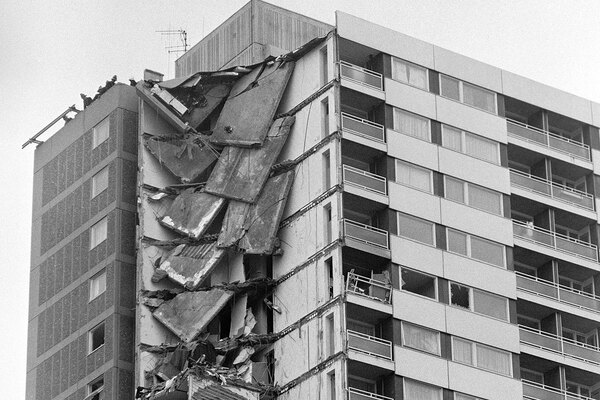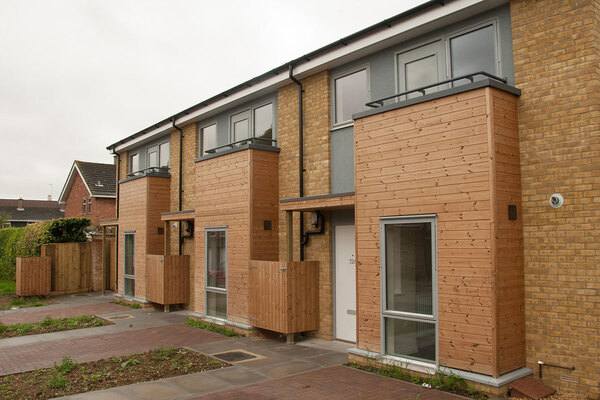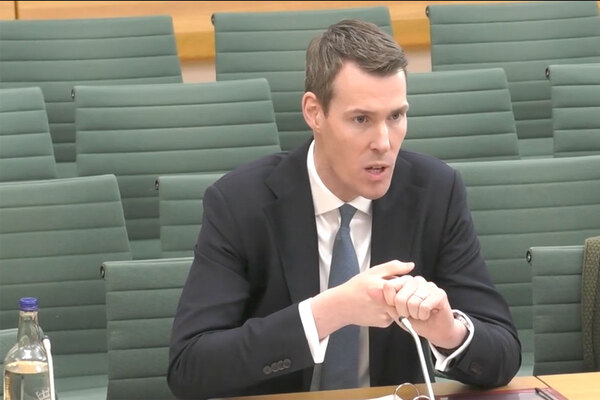 Alistair McIntosh
Alistair McIntoshAlistair McIntosh is one of the social housing sector's most respected and best known personalities.
As founder and chief ...more
What lessons can social landlords learn from the COVID-19 crisis?
As the sector continues to deal with the effects of the pandemic, careful decisions must be made by housing associations, writes Alistair McIntosh
It’s going to be mighty hard to hit the right tone with this column.
Some of you will be worried about losing your job or maybe you fear the worst for the health of someone you love. All I can try and do is come up with some hope for the future.
Lord King was the governor of the Bank of England during the credit crunch and he talks a lot of sense about what we need to do now.
He’s looking at the NHS and shaking his head. It might very well be efficient, but it’s got to be more resilient. Yes, it’s crying out for spare capacity. We all see that now.
So, we need to start tendering out services in a different way. Instead of grinding prices down, we must make sure there’s enough slack in the system to cope with a crisis. Lord King is making a similar point to Dame Judith Hackitt on fire safety.
If you try and do things on the cheap, it can come back to haunt you.
If social landlords push too hard for savings from contractors during the lockdown, some of them will topple over. Where will that leave us? We will struggle to get vital work done, and if the laws of supply and demand apply, the contractors will have us over a barrel soon enough.
It’ll be a struggle to get anyone to do anything, so, all things being equal, prices should soar – just as we have a big backlog to clear.
This would be a good time for the regulator to make a swift change to its rules on value for money. Why not insist that any measures to save money should also ensure that services are resilient? This would apply to direct labour organisations as well as contractors.
And any proposals to merge must pass a resilience test, too. What will the new body do if events conspire against it?
“We need to start tendering out services in a different way. Instead of grinding prices down, we must make sure there’s enough slack in the system to cope with a crisis”
We’re finding in so many ways that life is not plain sailing. And if it seems to be going well, you can bank on the weather turning.
Lord King is also sound as a pound on stress-testing. He said we knew full well that a credit crunch and a pandemic would happen, but we didn’t know when it would occur or the scale of it.
Does that remind you of the old joke about a broken clock being right twice a day? In fairness, Lord King makes a good point: how can we get better at planning for the worst-case scenario?
For me, we’ve got to start by ditching fake assurance. The risk industry hasn’t covered itself in glory. And how could it?
Most of the risk experts look backwards to something that’s gone wrong in the past and amplify it a bit. But they carefully calibrate the dial so that the downside never exceeds the ability to take mitigating actions to get back on course. At best, this approach will stop you from repeating a mistake. But, as the small print always says, past performance is no guide to the future. Is there a better way to do things?
“This would be a good time for the regulator to make a swift change to its rules on value for money. Why not insist that any measures to save money also ensure that services are resilient?”
This is where I salute the Regulator of Social Housing. It resisted the pressure to impose standard stress-tests in the way that the Bank of England does. This stops boards from thinking for themselves. You pass the test and rest on your laurels.
Sadly, all it means is that you can defeat an old enemy but not necessarily the one you’re facing now.
Part of the answer from Lord King is that you need to build spare capacity. That’s a good idea. But I’d suggest that we must get a lot better at scanning.
The big crises that have come along, such as the rent cut, fire safety and COVID-19, just weren’t on the risk registers, were they?
But as soon as it happens, we hit Google and guess what? We quickly find out that someone somewhere was warning us about the dangers.
At the risk of sounding trite, we need to get out more – after the lockdown, of course. We should talk to experts in other sectors.
And we ought to read widely. History teaches us that someone always knows. The challenge is to separate the wheat from the chaff and to listen to those that are on the money. I’m the first to admit that that’s difficult.
Alistair McIntosh, chief executive, Housing Quality Network













